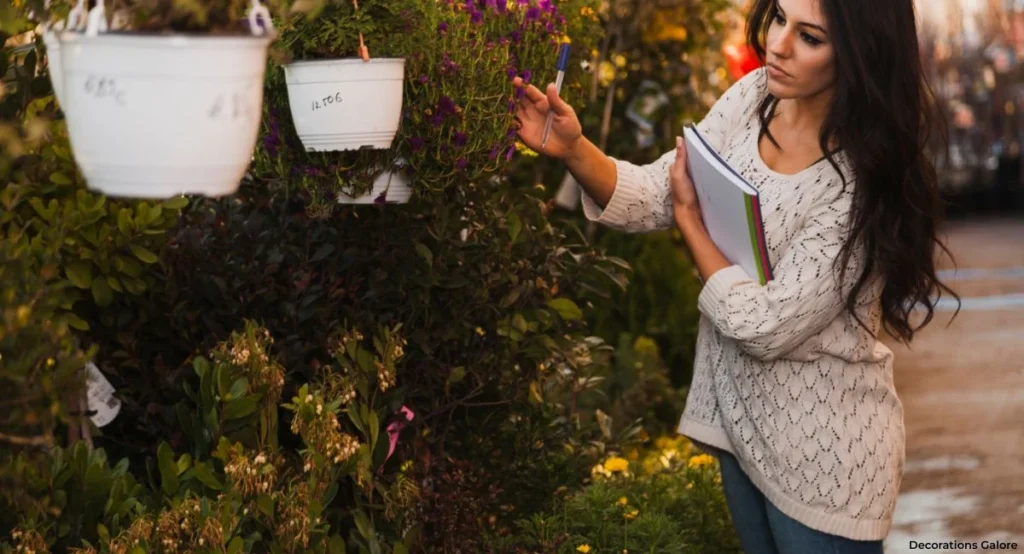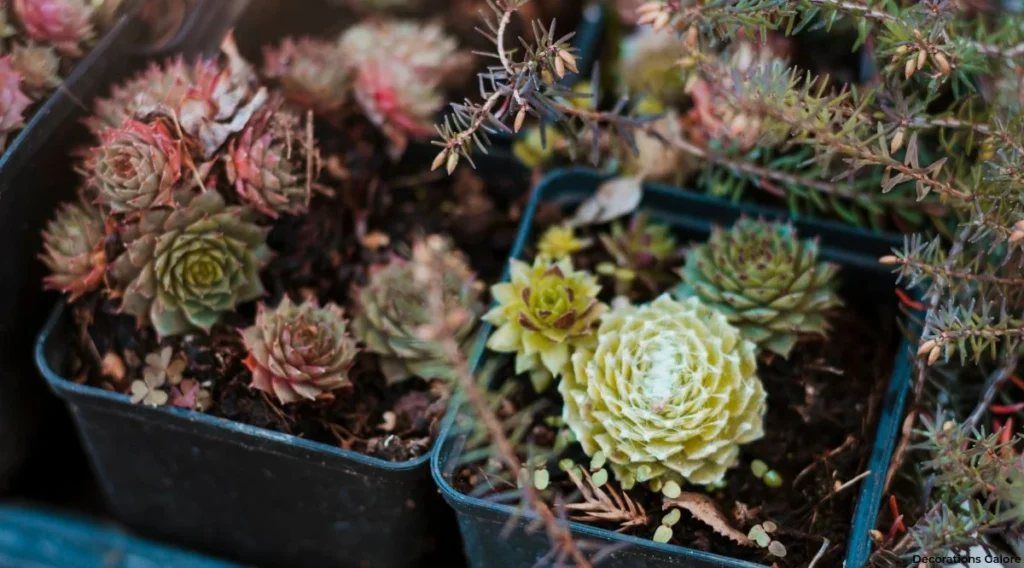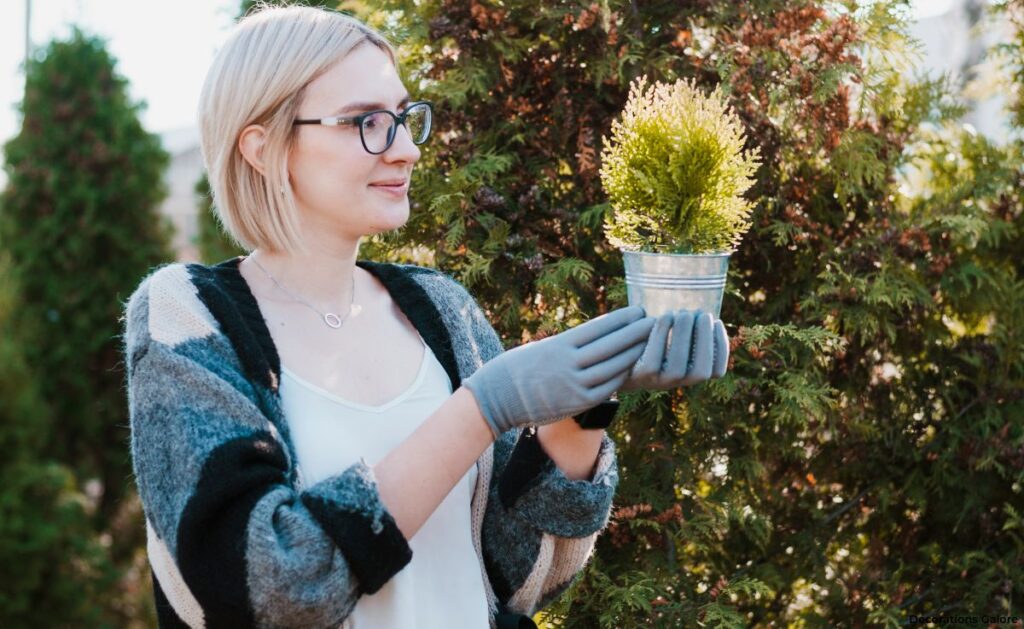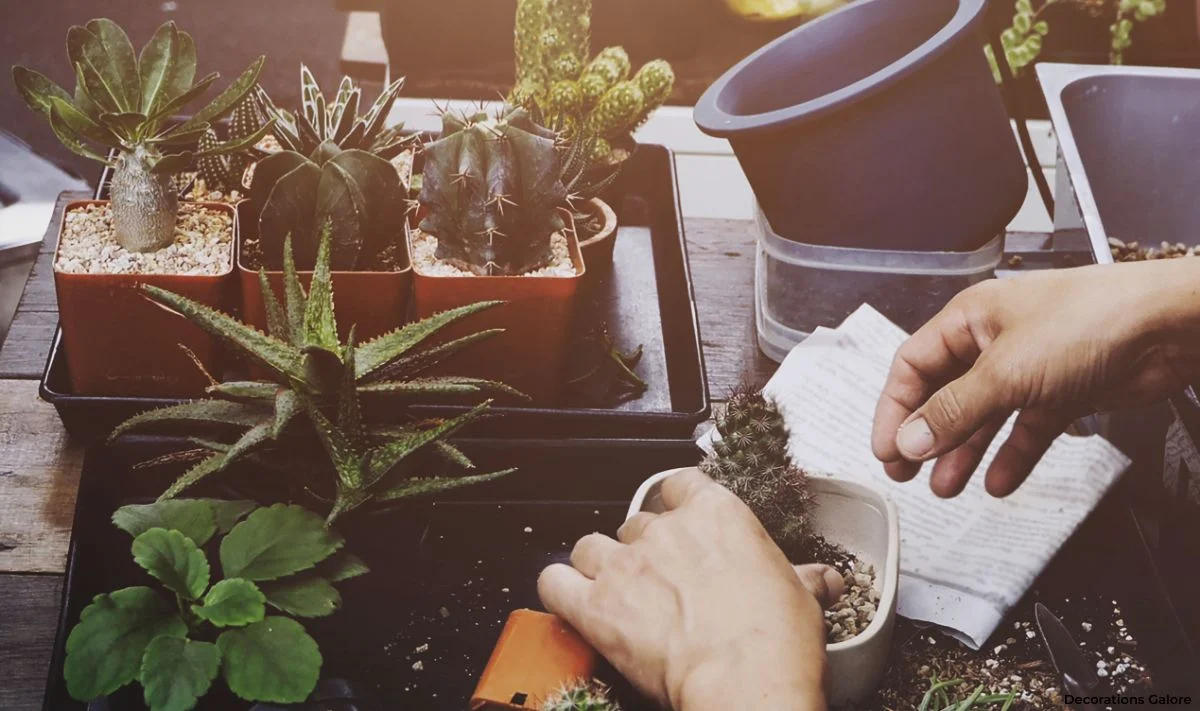Gardening transcends being a mere pastime; it’s an art intertwined with science. At its core, the mastery of sowing seeds is fundamental, setting the stage for a garden’s health and bounty.
In this article, we’ll delve into a treasure trove of gardening tips that will set you on the path to success.
From preparing the soil and selecting the right plants to mastering watering techniques and dealing with pests, we’ll equip you with the knowledge and techniques to cultivate a thriving garden. So grab your gardening gloves, sharpen your pruners, and let’s dig in!
Table of Contents
Preparing the Soil for Optimal Growth
Testing Soil pH Levels
Start by testing your soil’s pH and nutrient levels, as most plants flourish in a pH between 6 and 7. Amend your soil based on the test results, adding organic matter, compost, or pH adjusters as needed.
Incorporating Organic Matter
Improve your soil by adding compost. This will enhance soil fertility, structure, and moisture retention in your vegetable garden.
Proper Soil Aeration Techniques
Healthy soil is the foundation of a successful garden. Test your soil regularly to determine its pH levels and nutrient content. Adding organic matter like compost or mulch can improve soil structure and fertility. For specific plant requirements, refer to resources such as Gardener’s Guide to Soil.

Selecting the Right Plants for Your Garden
Choosing the right plants for your garden is crucial for ensuring their success and your satisfaction as a gardener. Consider factors such as climate, soil conditions, and light availability to match plants to their preferred growing conditions. This will help you achieve a thriving garden, whether you’re growing vegetables, flowers, or a mix of both.
Mastering Watering Techniques
Watering your garden correctly is crucial for the health and vitality of your plants. Learn the best techniques for watering plants to ensure healthy growth and vibrant blooms.
Managing Garden Pests Naturally
Keeping your garden free from pests without resorting to harmful chemicals is not only possible but also beneficial for the environment. Embracing organic gardening hacks promotes a healthier garden and fosters a harmonious relationship with nature.
Maximizing Light for Plant Health
Ensuring your garden receives the right amount of light is crucial for plant health and productivity. Understanding the light requirements of your plants can make a significant difference in their growth and yield. Here are some tips to help you maximize light for your garden.

Assessing Your Garden’s Light Conditions
Before planting, take the time to observe how sunlight moves across your garden throughout the day. This will help you identify areas that receive full sun, partial sun, or shade. Knowing this will allow you to place plants in their optimal locations.
Plants That Thrive in Full Sun
Some plants require at least six hours of direct sunlight daily to thrive. These include most vegetables, such as tomatoes and peppers, as well as many flowering plants like sunflowers and marigolds.
Planting these in the sunniest spots in your garden will ensure they get the light they need.
Shade-Loving Plants
Not all plants need full sun to flourish. Shade-loving plants, such as hostas and ferns, prefer areas with limited sunlight. Planting these in shaded areas will help them grow better and reduce the risk of sun damage.
Properly assessing and utilizing your garden’s light conditions can lead to a more productive and healthy garden. By placing plants in their preferred light environments, you can maximize their growth potential and overall health.
Advanced Gardening Techniques
Companion Planting Strategies
Companion planting involves growing certain plants together to enhance growth, deter pests, and improve yields. For instance, planting marigolds alongside tomatoes can help repel nematodes. This technique not only promotes a healthier garden but also contributes to a more sustainable ecosystem.

Tailored Soil Amendments
Customizing soil amendments based on the specific needs of your plants can significantly boost their health. Adding compost, bone meal, or specific fertilizers can address nutrient deficiencies and improve soil structure.
Regularly testing your soil and adjusting amendments accordingly ensures optimal growth conditions.
Using Mulches and Fertilizers Effectively
Mulching helps retain moisture, suppress weeds, and regulate soil temperature. Organic mulches like straw, wood chips, or compost gradually decompose, enriching the soil.
Fertilizers, whether organic or synthetic, should be applied based on the nutrient requirements of your plants. Establishing a routine for watering and fertilizing plants is crucial for their growth and survival.
Advanced gardening techniques not only enhance plant health but also contribute to a more resilient and productive garden.
Seasonal Gardening Tips
Gardening is a year-round endeavor, and each season brings its own set of tasks and considerations. Explore these seasonal care tips to adapt your gardening practices to the changing seasons and create a garden that thrives throughout the year.
Preparing Your Garden for Winter
Winterizing tools and equipment is crucial. Clean and store your gardening tools properly to prevent rust and damage. Sharpen blades, oil moving parts, and organize your supplies. This ensures they are in good condition for the next gardening season.
Spring Planting Tips
Spring is the time to start fresh. Begin cleanup near the house and gradually move outward. Remove matted leaves to uncover early growth.
Plant new seeds and bulbs, and consider incorporating organic matter into the soil to boost fertility.
Summer and Fall Maintenance
Summer and fall require diligent maintenance. Water plants regularly, especially during dry spells. Mulch to retain moisture and suppress weeds.
In the fall, start preparing your garden for winter by cutting back perennials and adding compost to enrich the soil for the next growing season.
Conclusion
With these expert gardening tips, you’re now equipped with the knowledge and techniques to cultivate a thriving garden.
From preparing the soil to mastering watering techniques, from understanding light requirements to managing pests, you have the tools to create a green paradise that flourishes with beauty and abundance.
Remember, gardening is a journey of discovery and learning. Embrace the joys and challenges of nurturing plants, and let your garden be a testament to the love and care you invest in it.
Frequently Asked Questions
What is the best way to test soil pH levels?
You can test soil pH levels using a soil pH testing kit, which is available at most garden centers. Alternatively, you can send a soil sample to a local agricultural extension office for a more detailed analysis.
How often should I water my garden?
The frequency of watering depends on the type of plants, soil, and weather conditions. As a general rule, most gardens need about 1 inch of water per week, either from rainfall or manual watering.
What are some natural pest control methods?
Natural pest control methods include introducing beneficial insects like ladybugs, using neem oil, and planting pest-repellent plants such as marigolds and basil.
How do I know if my plants are getting enough light?
Observe your plants for signs of light deficiency, such as leggy growth, pale leaves, or slow growth. You can also use a light meter to measure the amount of light your garden receives.
What are the benefits of companion planting?
Companion planting can improve plant health, deter pests, and enhance growth. For example, planting basil near tomatoes can improve the flavor and growth of tomatoes while repelling pests.
How can I prepare my garden for winter?
To prepare your garden for winter, clean up any dead plant material, mulch your garden beds to protect the soil, and consider planting cover crops to prevent soil erosion and improve soil health.




